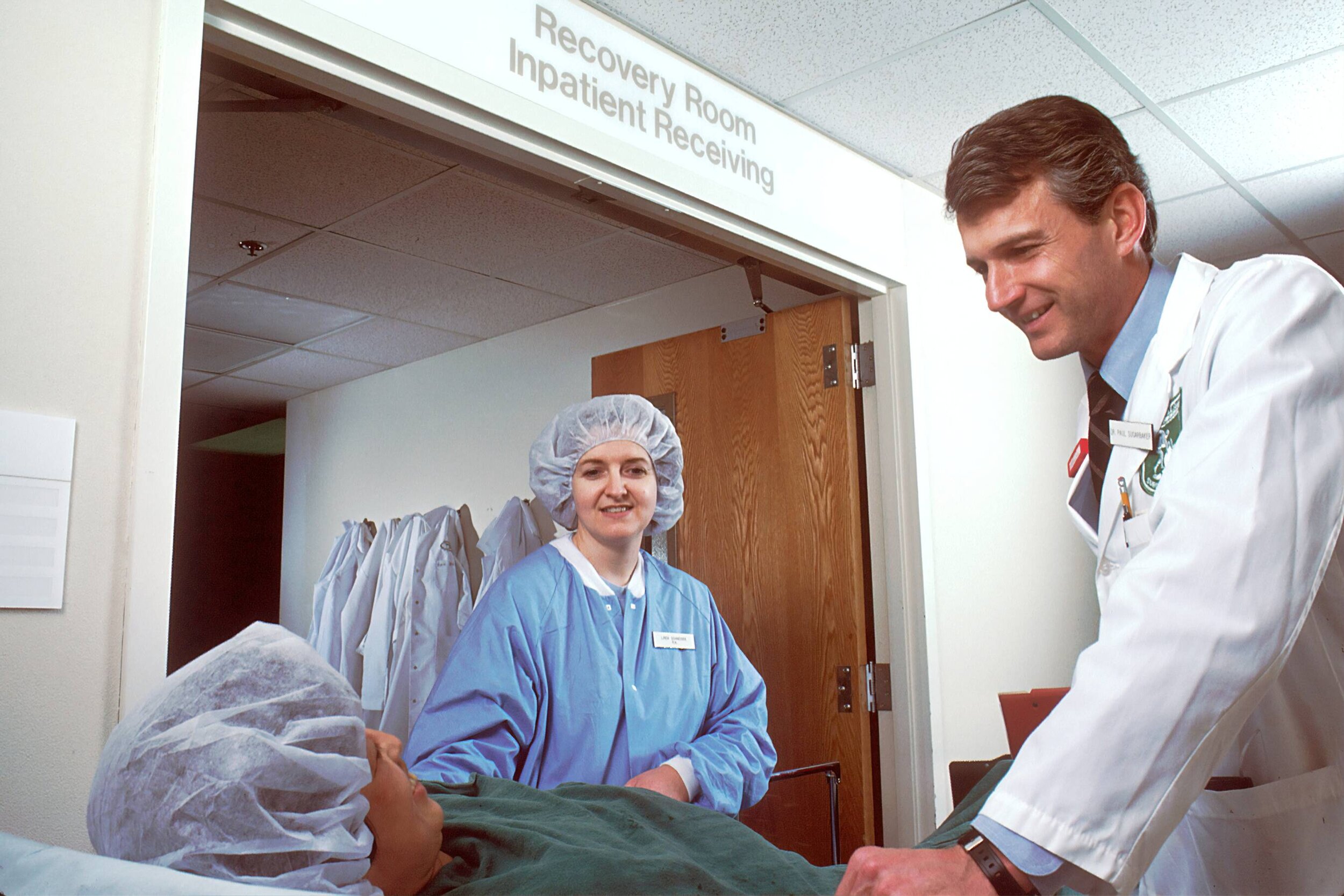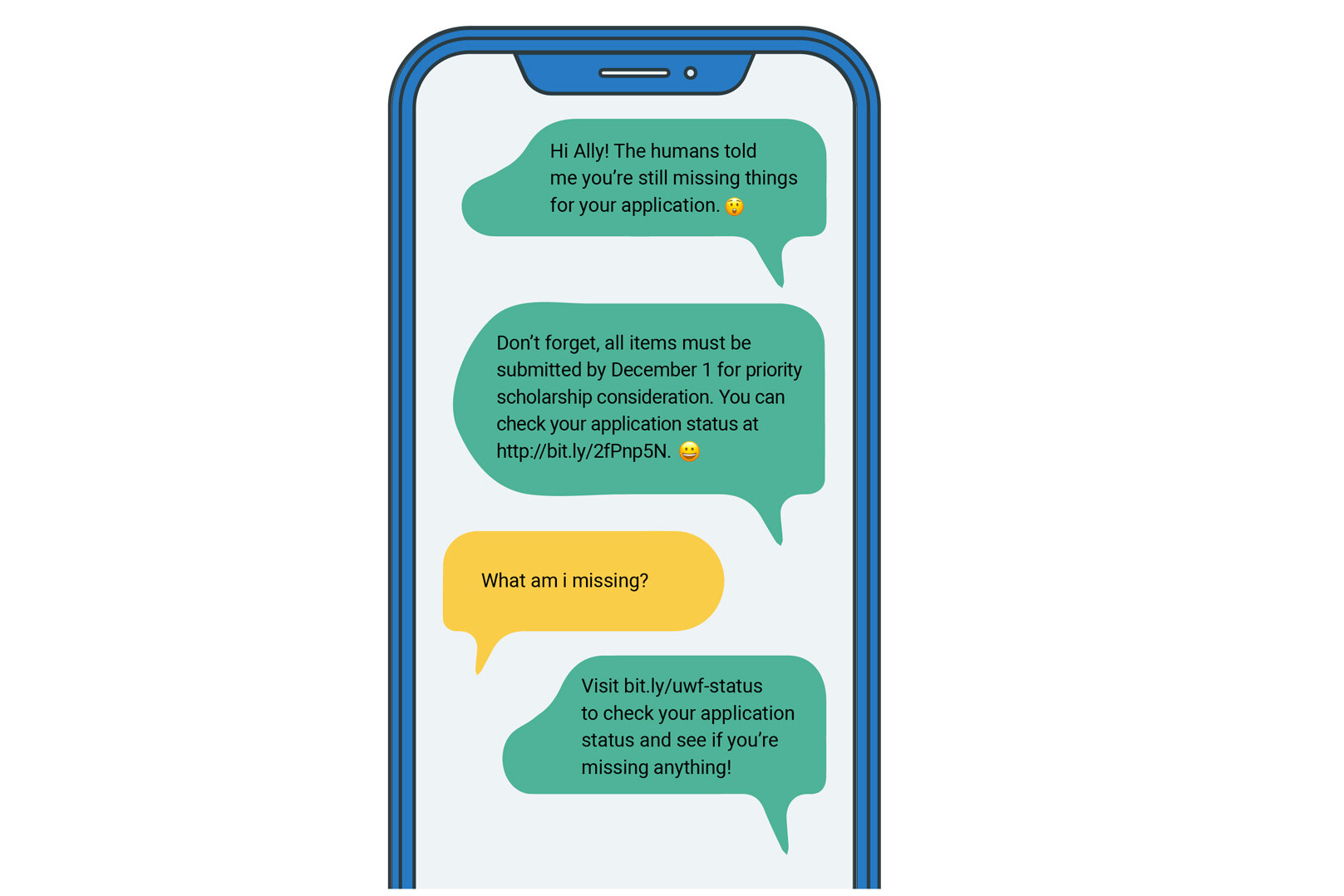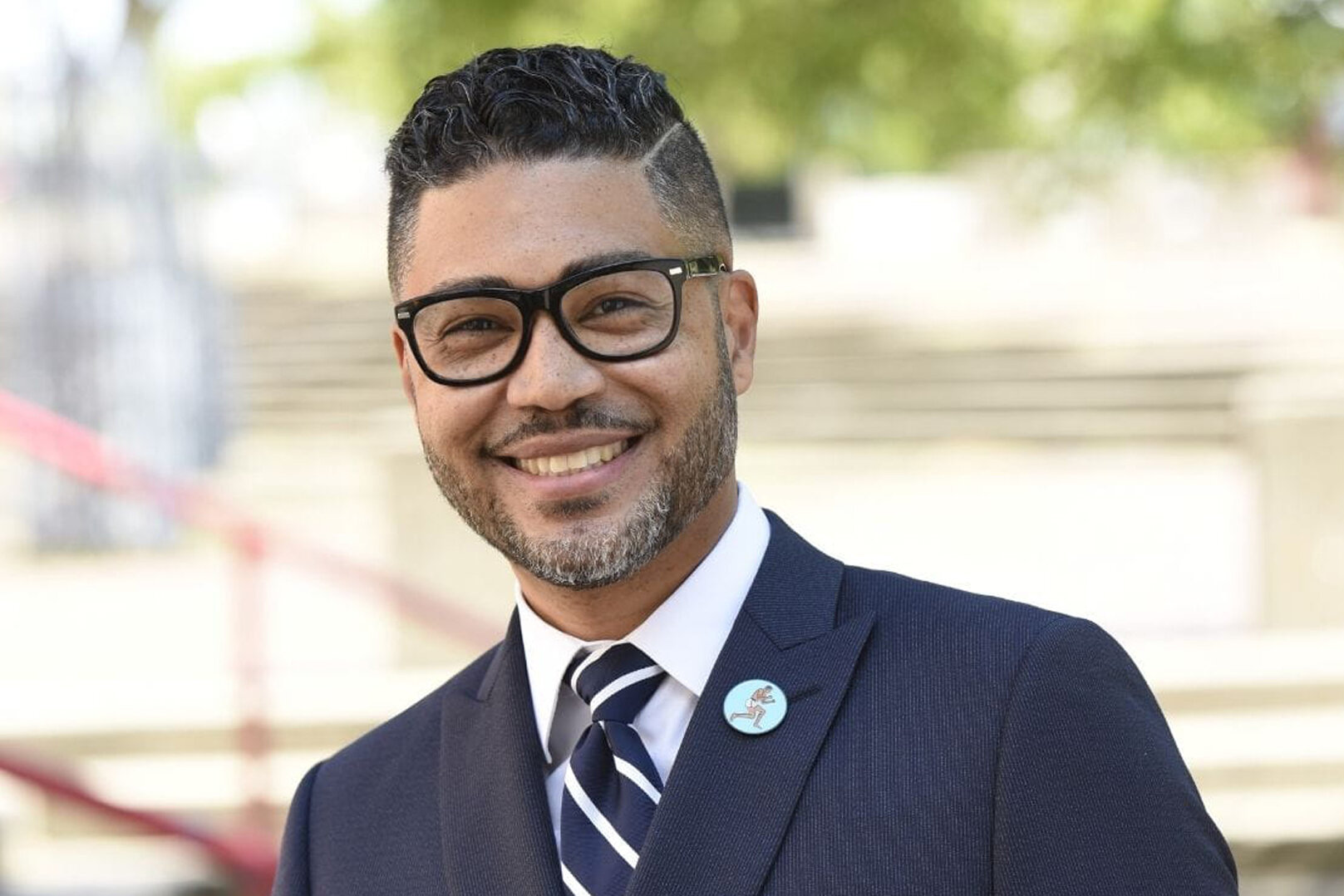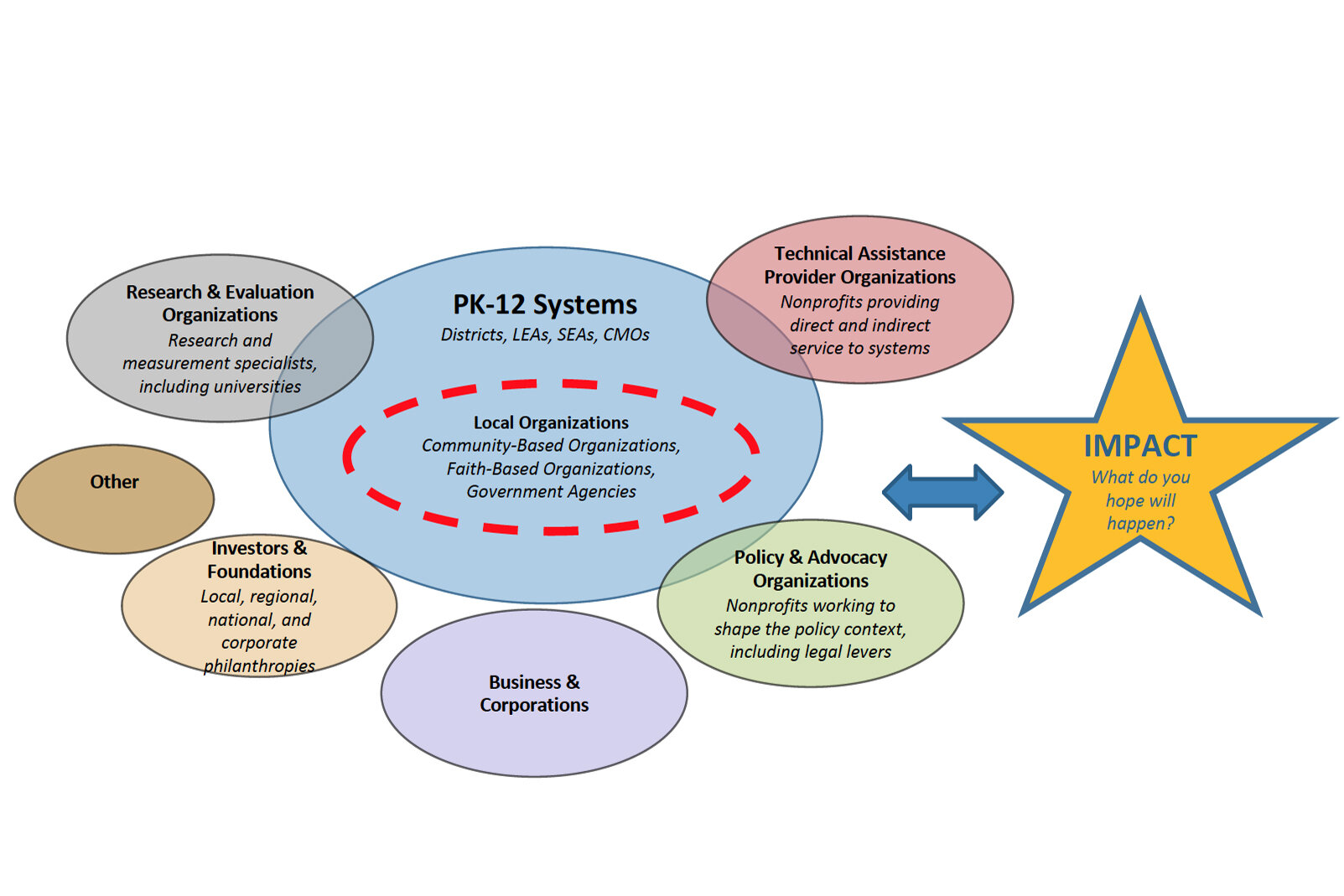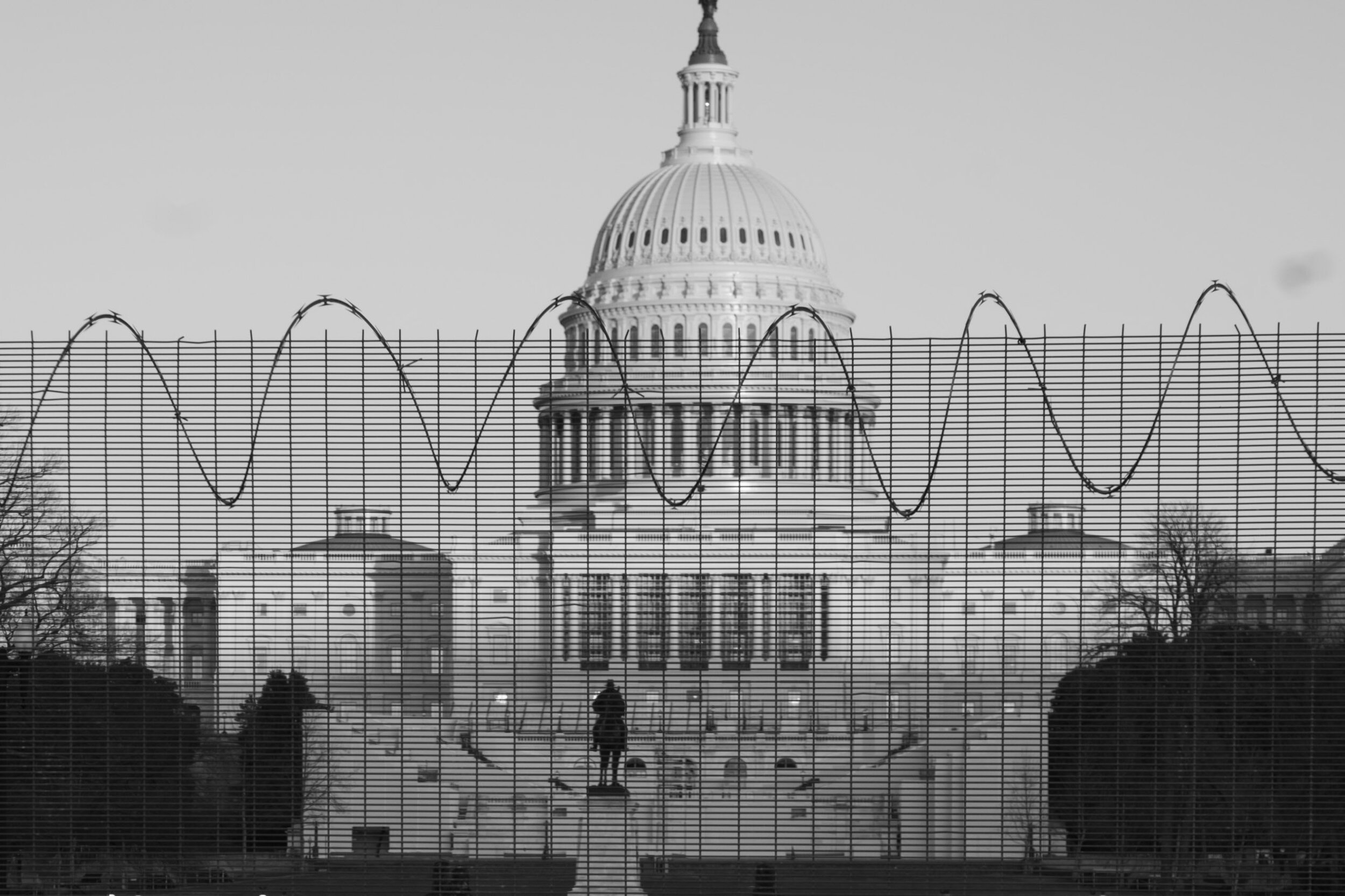Time for Transparency: A Post-COVID America Where Employers Report Wage Data by Gender and Race
COVID-19 RECOVERY SERIES:
As with all complex economic and social inequality in America, the path to achieve wage equity has engaged thousands of activists, scholars and public servants. Yet few employers, some only after settling racial and gender discrimination lawsuits, have publicly supported wage equity efforts. Evelyn Murphy discusses the need for transparency and accountability to achieve gender equity.
COVID-19 and Climate Change: A True Public Health Crisis
COVID-19 RECOVERY SERIES:
A conversation with Dr. Renee N. Salas, Affiliated Faculty at the Harvard Global Health Institute (HGHI) and a Yerby Fellow at the Center for Climate, Health, and the Global Environment (C-CHANGE) at the Harvard T.H. Chan School of Public Health, about how climate action needs to be seen as a prescription for better health and achieving health equity.
Next Steps in Our Post-COVID Political World: A Blueprint for Blue-State Organizations
COVID-19 RECOVERY SERIES:
In our post-COVID, post-Election 2020 world, political organizations headquartered in blue states owe it to fellow citizens to invest in red states and purple states. We must build genuine common power.
An Equitable Economic Recovery Post-COVID Needs Inclusive Small Business Entrepreneurship
COVID-19 RECOVERY SERIES:
To truly ensure economic racial justice and a more equitable recovery post-COVID, we need to help existing and would-be BIPOC entrepreneurs. Gail Goodman discusses how inclusive entrepreneurship is a powerful tool for battling income inequality and workforce displacement.
COVID-19 as a Catalyst for Change in the Move Towards Net Zero Emissions
COVID-19 RECOVERY SERIES:
A conversation with Dr. John M. Reilly, a Senior Lecturer at the Sloan School of Management, and Co-Director, emeritus of the MIT Joint Program on the Science and Policy of Global Change. As an energy, environmental and agricultural economist, he has focused on understanding the contribution of human activities to global environmental change and the effects of environmental change on the economy and society, and solutions to the threats of global environmental change.
Young People Leading the Way to Find Light in the Darkness of the Global Pandemic
COVID-19 RECOVERY SERIES:
While acknowledging the profound impact of the COVID-19 pandemic on young people, educators, non-profit leaders, mental health experts, young people, and education researchers share stories of hope, strength, and resilience from the work children are doing to lead the way to recovery in communities around the world.
Avoid Water Stress By Utilizing a Circular Economy Model
Our present day water situation is the result of human negligence and behaviors that have destroyed this natural resource. Michelle A. Urrea Vivas discusses how the scarcity of water, its over-exploitation, contamination by industrial, commercial, agricultural, and residential activities evidences how inefficiently and unsustainably this resource has been handled, to date.
Emergency: How The COVID-19 Disruption Can Lead To Better Healthcare, If We Want It To
The COVID-19 pandemic has disrupted the nation’s health and the effective delivery of care. It has cost lives. Joe Mandato discusses five points for what the post-pandemic, patient-centric healthcare sector strategy might look like.
Using Artificial Intelligence to Navigate the New Challenges of College and Career
Even before the outbreak of COVID-19, the path to economic opportunity in the United States has become less clear as workers’ careers have taken increasingly non-traditional routes. Mike Meotti and Drew Magliozzi paint a compelling portrait of how technology can carve new tracks and create new ways of working.
An Energy Manifestation Model as a Bridge to Social Impact
Many social entrepreneurs have a vision, a passion for social impact that often never gets off the ground. An energy manifestation model can help avoid the common pitfalls of losing sight of the original vision and changing course. Donna Wing discusses a practical application of the model to bridge social impact through an applied example from her own social entrepreneurship project.
Never Again: When it Comes to Sheltering those Experiencing Homelessness, We Cannot Go Back to the Way Things Were
Facing consistently overcrowded facilities, Joe Finn discusses how shelter providers recognized that they had an impossible choice: should they deny shelter to individuals in need, subjecting them to the risks associated with cold weather exposure, or continue to allow them into shelters where they would be susceptible to COVID-19, a quickly spreading and often deadly virus?
Addressing Disability and Age Discrimination: Fighting Judgment of the Outside with Compassion for the Inside
As with any victim of discrimination, people with disabilities and people who are aging often feel robbed of a fair chance to live productive lives or to be their full true selves. Sally Bagshaw discusses by addressing ‘ableism’ and ‘ageism’ and including the formerly excluded, our communities will be better for all of us now and in the future.
As Boston Puts Dr. Martin Luther King Jr. Center Stage, It Begins a New Conversation and A Reimagining of Itself
A conversation with Imari Paris Jeffries, Executive Director of King Boston, discussing the new memorial to Dr. Martin Luther King Jr. being built on the Boston Common and the creation of a Center for Economic Justice.
A New PK-12 Education Ecosystem Framework for a New Normal
The crisis of COVID-19, the resulting economic downturn, and the racial reckoning the country is now experiencing have made the need for equitable, high-quality education even more urgent. Author Irvin Scott’s model for the Education Ecosystem illuminates news ways of working.
Climate Change and International Cooperation
Pedro Mariani discusses why international cooperation on climate change has substantially failed so far and whether we should hope for better outcomes in the near future.
Who was Responsible for January 6th?
CAPITOL INSURRECTION SERIES:
Professor Michael J. Klarman, the Kirkland & Ellis Professor at Harvard Law School, discusses the events and responsibility from the event on January 6th at the U.S Capitol.
The Capitol Hill Insurrection is a Teachable Moment
CAPITOL INSURRECTION SERIES:
January 6, 2021 will go down as one of the most disturbing dates in this nation's history. The attack on and destruction of our nation's U.S. Capitol were despicable acts by homegrown terrorists. They also provided a glimpse into the historical contradictions that have been part of this nation's treatment of race.
Editor’s Note
In 2021, there are many challenges facing the nation and the world, and the Social Impact Review is committed to doing its part to catalyze positive change in addressing them.
McConnell and Pelosi Are Talking to Each Other Again -- What Might That Mean for Schools? What Should It Mean for Schools?
Harvard ALI Fellow, Julie Allen, argues in this OpEd that federal education aid for schools, without aid for state and local governments, would be ineffective given the three-level system of education funding in the U.S.
India’s Aspirational Districts Programme Focuses Governance Efforts On Development
Amit Kapoor, Michael Green, Mark Esposito and Chirag Yadav discuss how the Indian government has recently taken steps to shift its focus beyond the mere pursuit of economic outcomes to directly target the most deprived regions of the country. By fostering collaboration and utilizing a stakeholder-oriented approach, the Aspirational Districts Programme (ADP) has already shown significant improvements.








